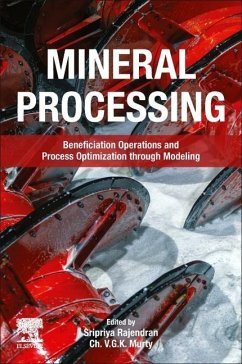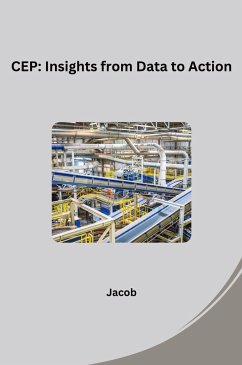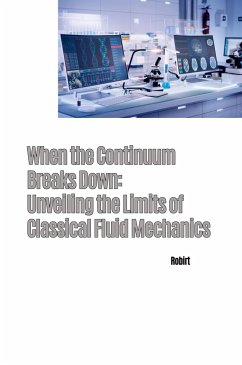
Computational Fluid Dynamics: A Powerful Tool for Understanding Complex Flows
Versandkostenfrei!
Versandfertig in 6-10 Tagen
29,59 €
inkl. MwSt.

PAYBACK Punkte
0 °P sammeln!
Imagine the intricate choreography of fluids - air swirling around a speeding car, or blood coursing through intricate veins. "Computational Fluid Dynamics: A Powerful Tool for Understanding Complex Flows" explores a groundbreaking tool, CFD, that helps us decode these mysteries.Traditionally, understanding fluid behavior relied on physical experiments, a time-consuming and expensive endeavor. CFD offers a revolutionary alternative:-Virtual Laboratories: CFD software creates digital models of fluids and their interactions with objects. These models allow engineers to simulate complex scenarios...
Imagine the intricate choreography of fluids - air swirling around a speeding car, or blood coursing through intricate veins. "Computational Fluid Dynamics: A Powerful Tool for Understanding Complex Flows" explores a groundbreaking tool, CFD, that helps us decode these mysteries.Traditionally, understanding fluid behavior relied on physical experiments, a time-consuming and expensive endeavor. CFD offers a revolutionary alternative:-Virtual Laboratories: CFD software creates digital models of fluids and their interactions with objects. These models allow engineers to simulate complex scenarios at a fraction of the cost and time of physical experiments.-Seeing the Invisible: CFD simulations go beyond equations, providing detailed visualizations of fluid flow patterns, pressure distribution, and turbulence. These visuals offer insights impossible to capture through physical observation.-Optimizing Designs with Precision: By virtually testing and refining designs, engineers can identify and address potential flaws in aerodynamics, heat transfer, or fluid flow within a system before building physical prototypes.CFD empowers innovation across diverse fields:-Aerospace Engineering: Simulating aircraft performance to optimize fuel efficiency and ensure flight stability.-Automotive Industry: Designing cars with superior aerodynamics, minimizing drag, and improving engine cooling systems.-Biomedical Engineering: Modeling blood flow through heart valves or prosthetic limbs, leading to improved designs and reduced risks for patients.However, challenges remain:-Modeling Complexity: Accurately replicating real-world scenarios requires expertise in physics, mathematics, and CFD software.-Computational Demands: Complex simulations can be computationally intensive, requiring powerful computers and significant processing time.-Validation and Verification: Ensuring the accuracy of CFD simulations by comparing them with real-world data is crucial for reliable results.Despite these challenges, CFD is a transformative tool. By providing a deeper understanding of fluid behavior, it fuels innovation and advancements across numerous industries. As computational power increases and software capabilities evolve, CFD will continue to be a cornerstone of discovery in the world of fluid dynamics.














